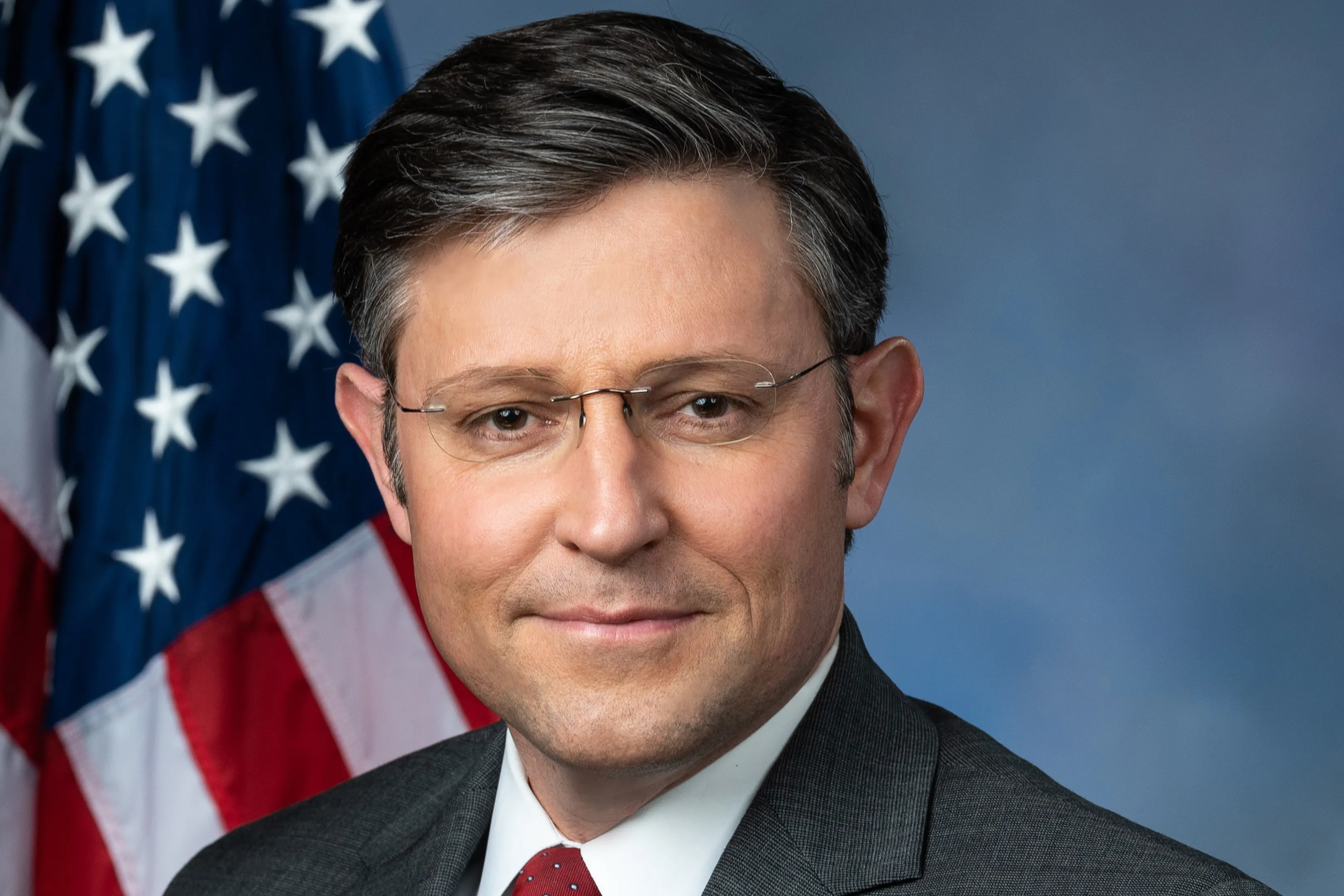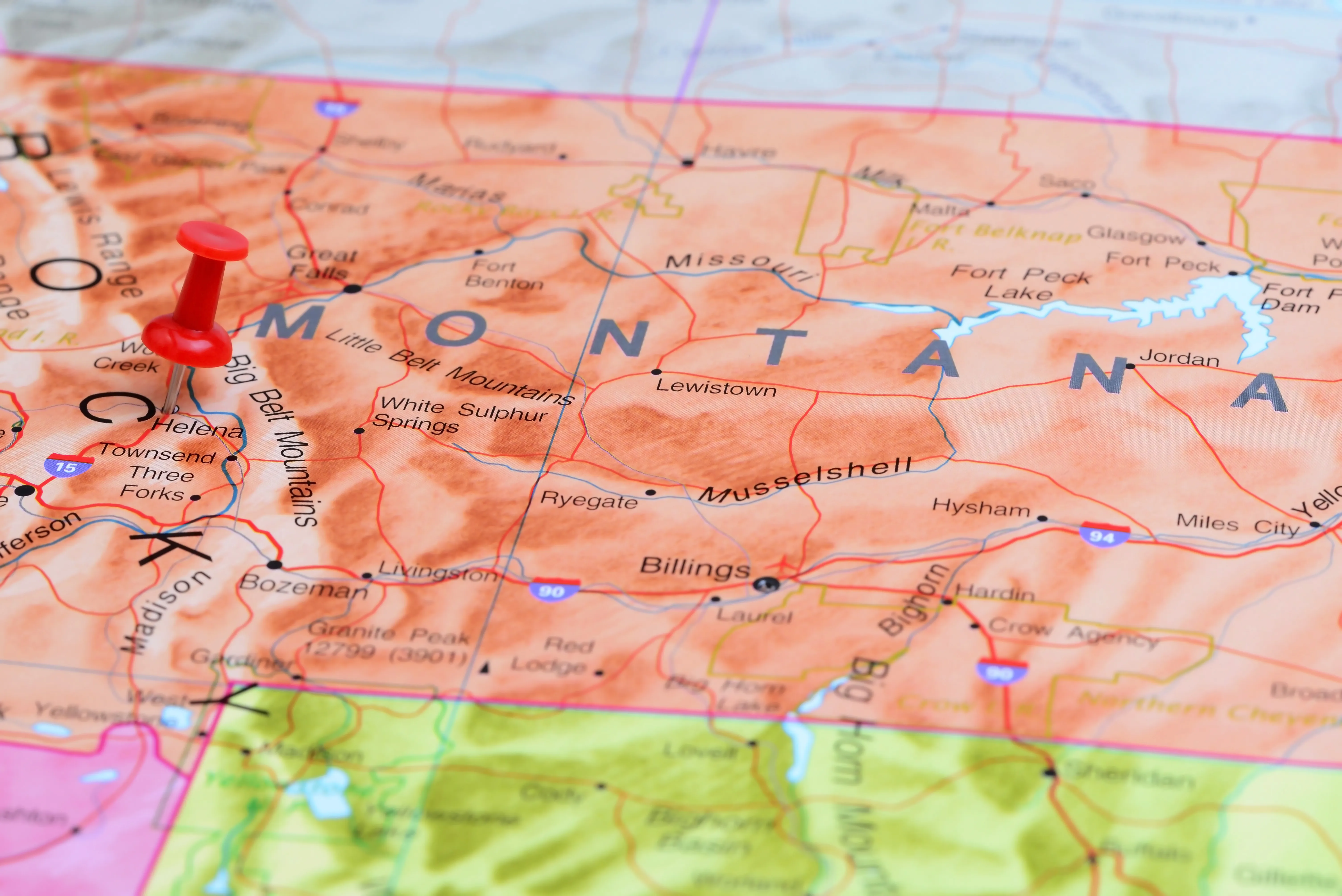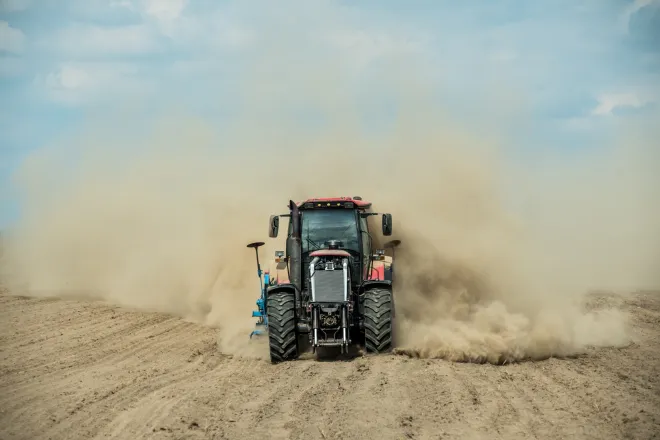
Daily Audio Newscast Afternoon Update - March 6, 2025
© INDU BACHKHETI - iStock-1336427297
News from around the nation.
Udder nonsense: Prof says RFK's raw milk claims not backed by science; Democrats make calls to invest in rural, working-class communities in NV; NM conservationists celebrate Aldo Leopold amid cuts to Forest Service.
Transcript
The Public News Service Thursday afternoon update.
I'm Mike Clifford.
A U.S. judge Wednesday blocked President Donald Trump's administration from carrying out steep cuts to federal grant funding for research that universities in Democratic-led states warn would lead to layoffs, lab closures, and a curtailment of scientific and medical studies.
That from Reuters.
They report U.S. District Judge Angel Kelly in Boston issued a nationwide injunction at the request of 22 Democratic state attorneys general, medical associations, and universities that argue the National Institutes of Health planned funding cuts were unlawful.
Meantime, scientists warn the promotion of raw milk by government agencies could put Americans' health at risk.
Health and Human Services Secretary Robert F. Kennedy Jr. says he only drinks raw milk and has tapped a raw milk entrepreneur whose products have been recalled to be an FDA advisor.
Adjunct Professor of Nutrition Gerald Mandy at Harvard's T.H. Chan School of Public Health says consuming raw milk is particularly concerning since bird flu was detected in some U.S. dairy.
Raw milk has no benefits that regular milk, pasteurized milk does not have and has been studied extensively.
The claims that are made are not backed in science.
Kennedy has criticized regulatory agencies for their stance on pasteurization, calling it part of the FDA's war on public health.
I'm Katherine Carley.
This story based on original reporting by Jessica Scott Reid for Sentient.
We head next to the Silver State where a coalition of rural progressive democratic organizations is urging the new chair of the National Party to invest more in rural and working class communities.
Anthony Flaccovento with the rural urban bridge initiative says it's time for the party to start prioritizing these often forgotten groups, especially after the party's lackluster performance in November in which large portions of these groups rejected Democrats.
If we don't begin to win back a significant part of these rural and working class people, then Trump will more than likely survive these four years intact in the sense of getting his policies enacted.
Flaccovento calls the opposition reignited by Trump being back in the White House promising, but adds it has to reach beyond highly educated liberal folks.
I'm Alex Gonzalez reporting.
And amid Forest Service firings and layoffs by the Trump administration, conservationists are honoring a former employee this week, considered by many to be the father of wildlife ecology.
Aldo Leopold was a supervisor of New Mexico's Carson National Forest before his eventual relocation to Wisconsin.
Former medical doctor and Forest Service volunteer, New Mexico's Richard Rubin, has seen firsthand the importance.
A lot of good people doing the best they can.
It's been tough work.
Even before all these firings, the Carson Forest had 40 percent open positions they couldn't fill.
The Foundation named in the honor hosts Leopold Week, a three-day event featuring acclaimed authors who, like Leopold, write about the natural world.
This is public news service.
Washington State's Tribal Foundational Public Health Service is the first dedicated funding for tribes to advance public health initiatives.
But in Governor Bob Ferguson's proposed budget, it faces the risk of losing critical funding.
Jessica McKee is with the American Indian Health Commission, which serves on the tribal FPHS steering committee.
She says after the state increased funding for the service in the last biennium to $200,000 per year per tribe, some tribes were able to create their first dedicated public health position.
She says cuts to the service would be a blow.
If there's a reduction and the steering committee decides that some of that money has to come back from the tribes, they might not be able to maintain their public health person anymore.
And that's a big deal.
McKee says the tribal FPHS funds foundational aspects of public health, such as tracking maternal and child health, environmental health, and communicable disease surveillance.
I'm Isabel Charlay.
With a recently confirmed measles case in King County, McKee is concerned that potential loss of funding for tribal FPHS, coupled with the Trump administration policies on immunizations, could create a significant public health challenge.
And this is National Consumer Protection Week.
Watchdogs remind policymakers about the alarming presence of scams targeting the general public.
Two years ago, Americans lost a record $10 billion in scams, and authorities say gift cards that are tampered with for their purchase are one way in which consumers are being defrauded.
Gary Adkins with AARP Kentucky says these are the gift cards you typically see on kiosks and retail stores.
When no one is looking, the scammers obtain sensitive information from the back of the item.
And once that card is activated, the scammers can collect money off that.
Meaning the intended recipient can't use the card, and the person who bought it lost money that's hard to recoup.
The Kentucky bill, approved by the state Senate Tuesday, would elevate this crime to a Class D felony.
I'm Mike Moen.
Finally, Colorado lawmakers could add buffalo, also known as bison, to a long list of wildlife that have been restored to their natural habitat across the Centennial State.
Senate Bill 2553 would classify wild roaming buffalo as wildlife, to be managed by Colorado Parks and Wildlife, the same as deer, elk, moose, and other big game species.
Nick Jivac with the Sierra Club says under current Colorado law, when members of wild buffalo herds from southeastern Utah cross a border they can't see, they're not protected.
Just a handful, maybe four to six animals a year, are making their way into western Colorado.
And those animals are being shot now.
And they can do that legally, because they are not recognized as wildlife in the state of Colorado.
Colorado is seen as a leader in the Rocky Mountain region for restoring wildlife.
I'm Eric Galatas.
This is Mike Clifford for Public News Service, member and listener supported.
Hear us on interesting radio stations, your favorite podcast platform, find our content and trust indicators at publicnewsservice.org.
















